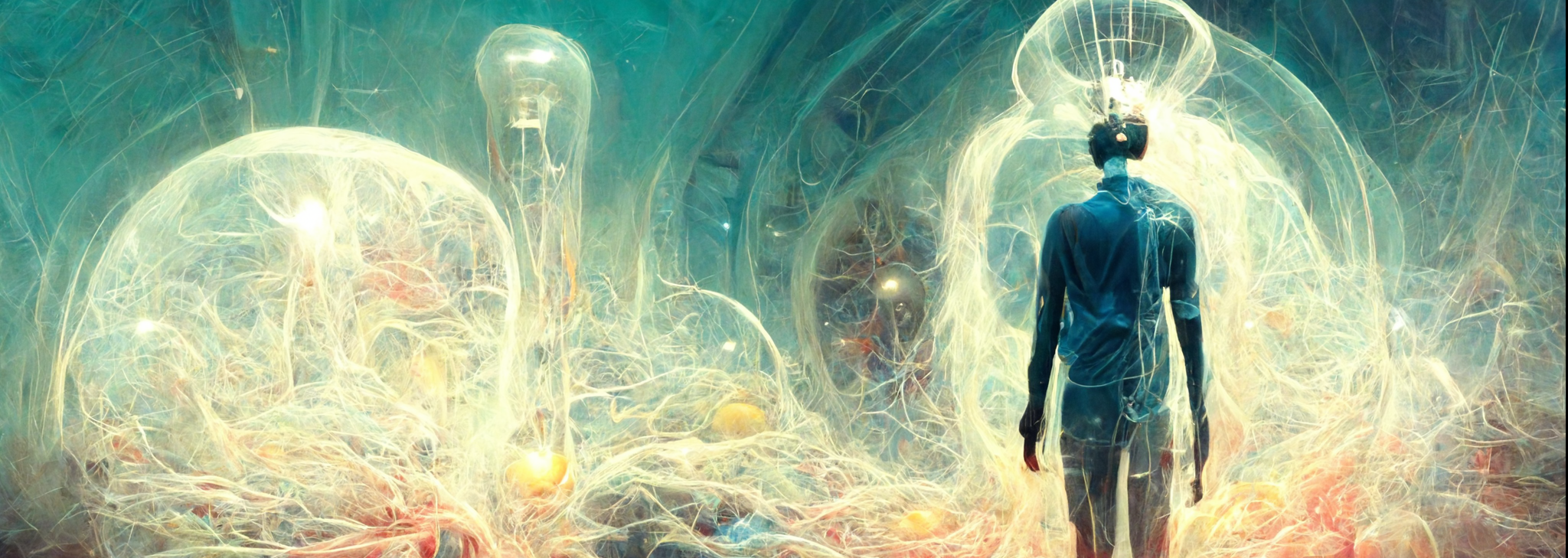
People
The ASU Future of Being Human initiative is made up of thought leaders, researchers, scholars, students, entrepreneurs, investors, business executives, and ordinary people with extraordinary ideas from every conceivable background.
A community ofbold thinkers
We are a young initiative, but we’re growing fast and looking for people to engage with.
Together, we are intrigued by what it might mean to be human in the future, obsessed by how emerging technologies are rewriting the rulebook of what is possible, and inspired by the idea of exploring the future of being human with other creative thinkers.
Leadership

Andrew Maynard
Director and Founder, ASU Future of Being Human initiative
Andrew Maynard is a scientist, author, and Professor of Advanced Technology Transitions in ASU’s School for the Future of Innovation in Society.
As well as being an elected Fellow of the American Association for the Advancement of Science, he is a member of the Canadian Institute for Advanced Research President’s Advisory Council, and has collaborated for many years with the World Economic Forum on the challenges and opportunities presented by new and emerging technologies. His books include Films from the Future: The Technology and Morality of Sci-Fi Movies, and Future Rising: A Journey from the Past to the Edge of Tomorrow.
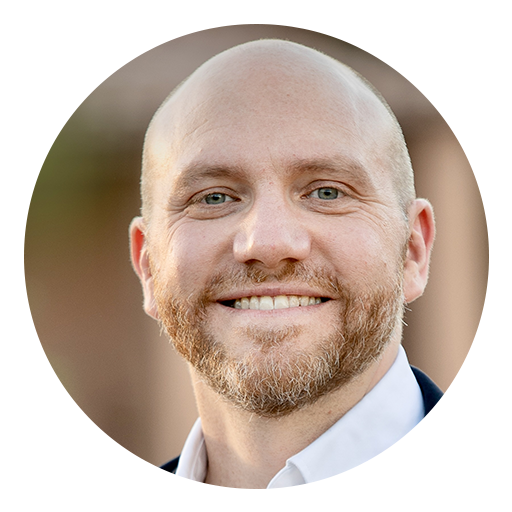
Sean Leahy
Executive Director, ASU Future of Being Human initiative
Dr. Sean M. Leahy is an internationally recognized technologist, futurist, and educator innovating humanistic approaches to emerging technology through Futures Studies. His work bridges the worlds of academia, research, and practice to creatively inform and support public-facing thinking and engagement at the interface between emerging and transformative technological capabilities and human flourishing.
Sean’s work advances the scholarship in anticipatory uncertainty around preparing the next workforce in emergent technologies of the Fourth Industrial Revolution including artificial intelligence (AI), extended reality (XR), and Internet of things (IoT), and is the Executive Producer and host for the Learning Futures podcast.
Advisors
Future of Being Human Advisors are a small group of bold and innovative thinkers from different backgrounds, perspectives, and expertise, who are actively involved in advising and supporting the initiative.

Athena Aktipis
Athena Aktipis is an Associate Professor in the Department of Psychology at Arizona State University and co-Director of The Cooperation Science Network and The Human Generosity Project. She studies cooperation across systems from human sharing to cancer. She is also the chair of the Zombie Apocalypse Medicine Meeting; host of the podcast, Zombified, and author of the book from Princeton University Press, The Cheating Cell: How evolution helps us understand and treat cancer. When COVID-19 was on the verge of becoming a pandemic, she started the Cooperation in the Apocalypse project to better understand how crises affect cooperation, interdependence and other social behaviors.

Cristina Baciu
Cristina Baciu is a research program manager working with interdisciplinary teams at the intersection of cooperation and cancer evolution research at Arizona State University. Both practice and research-wise, Cristina is interested in mentoring undergraduate college students, barriers to students’ success, and the intersections between technology and higher education. She is the Co-Founder and Co-Director of the Arizona Cancer Evolution Center (ACE) Scholars Program and of the Cooperation Scholars Program.

Aleksandr Bogatirev
Aleksandr Bogatirev is a student at ASU studying computer science. He also runs many of his own projects on the side including a start-up company called Oasis and a visionary dream he calls Tomorrowland.
Aleksandr is always thinking about the future and how we can make it a better place. He advocates for creative thinking and imagination which he believes can steer us toward an optimistic and bright future.

Pauline Cheong
Pauline Hope Cheong is a Professor of communication technologies and culture in the ASU Hugh Downs School of Human Communication.
Her award-winning research published in more than 100 articles and books has covered changing knowledge and authority practices, socio-cultural implications of Big Data & Artificial Intelligence, and user perceptions and practices including digital inequalities within the Internet of Things.
She is the recipient of multiple teaching and mentoring awards, including the Zebulon Pearce Distinguished Teacher Award, the highest honor for excellence in teaching in the College of Liberal Arts & Science at Arizona State University.
She serves as the co-editor of the forthcoming, Oxford Handbook of Digital Religion (Oxford University Press, 2023).

Tyler DesRoches
Tyler DesRoches is Associate Professor of Sustainability and Human Well-Being and Associate Professor of Philosophy at Arizona State University. Trained as a philosopher and economist, DesRoches is a sustainability scholar whose interdisciplinary research focuses environmental philosophy, environmental decision-making, sustainability and human well-being, climate change and civilization collapse, and the nature of interdisciplinary science during the Anthropocene. The red thread that runs through all of Tyler’s research is, in one word, ameliorative: to help ensure that a habitable planet with human flourishing is bequeathed to future generations.
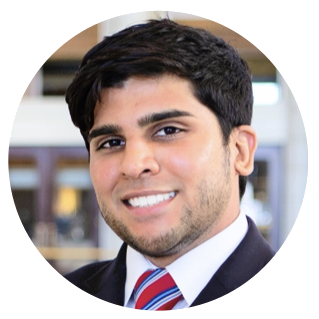
Shalin Jyotishi
Shalin Jyotishi is a senior analyst, strategist, and writer at New America and the World Economic Forum. He is also a Forbes contributor. His expertise focuses on public problem-solving where higher education, the workforce, policy, and technology converge. His work has appeared in NPR, Politico, Financial Times, U.S. News and World Report, and the Chronicle of Higher Education. He has delivered 200+ talks before international venues including the United Nations, OECD, and World Bank. His board service includes roles for the U.S. National Science Foundation, MIT Science Policy Review, United Nations, and George Washington University’s Institute for Public Policy.
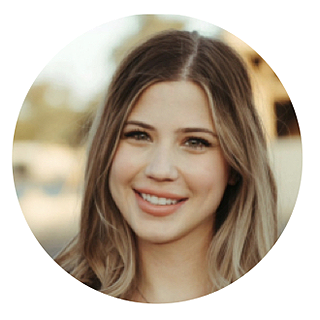
Zuzana Skvarkova
Zuzana Skvarkova (she/her) is a recent graduate from the ASU College of Global Futures and is currently working as a research associate at the School for Innovation in Society. Her passions lie at the intersection of topics such as healthcare, policy, and disability rights. She has a particular focus on discussing and researching these topics in the context of the future in order to maximize accessibility for all individuals in the U.S. medical system. Zuzana also identifies as a writer, a runner, and an avid learner. In her off time, she enjoys baking, playing with her two dogs, and reading whatever book she can put her hands on.
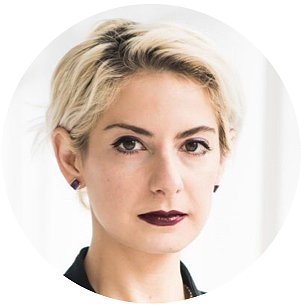
Claire Webb
Claire Isabel Webb directs the Berggruen Institute’s Future Humans program. She earned her Ph.D. from MIT’s History, Anthropology, and Science, Technology, and Society (HASTS) program in 2020. An internship at the Search for Extraterrestrial Intelligence (SETI) Institute in 2008 sparked the topic of Webb’s dissertation: Technologies of Perception: Searches for Life Beyond Earth. Informed by her ongoing work with the SETI group Breakthrough Listen at U.C. Berkeley, Webb’s book project historically and ethnographically tracks how scientists have investigated extraterrestrial life forms—both microbes and beings—since the Space Age.
Stay intouch
We are actively seeking to connect with bold and audacious thinkers who are passionate about exploring the future of being human with us. If you’re interested in staying in touch, or getting more involved with the community, please check out the link below.